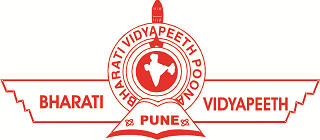About Lab
A Sensors & Transducers Lab is a practical laboratory where students and researchers study, analyze, and experiment with different types of sensors and transducers used in various engineering and scientific applications. This lab helps in understanding how sensors work, their characteristics, and their applications in measuring physical parameters.
 Objectives of the Lab
Objectives of the Lab
- To understand the working principles of different types of sensors.
- To analyse the characteristics and performance of various transducers.
- To learn about signal conditioning and interfacing techniques.
- To develop skills for real-time data acquisition and analysis.
- To explore sensor applications in industrial automation, biomedical, robotics, and environmental monitoring.
This lab plays a crucial role in engineering education, particularly in fields like Electronics, Instrumentation, Mechanical, Electrical, and Biomedical Engineering. It provides hands-on experience and prepares students for real-world applications of sensors in modern technology
Key Components of a Sensors & Transducers Lab
- Types of Sensors & Transducers
- Temperature sensors (Thermocouples, RTDs, Thermistors)
- Pressure sensors (Piezoelectric, Strain gauge)
- Displacement sensors (LVDT, Potentiometers)
- Optical sensors (Photodiodes, LDR, IR sensors)
- Acoustic sensors (Microphones, Ultrasonic sensors)
- Humidity sensors (Capacitive, Resistive)
- Magnetic sensors (Hall Effect sensors)
- Instrumentation & Equipment
- Signal Conditioning Circuits
- Data Acquisition Systems (DAQ)
- Oscilloscope, Multimeters, Function Generators
- Microcontrollers (Arduino, Raspberry Pi) for interfacing
People
- Faculty Coordinator: Mr. Manish Talwar
- Lab Technician: Mr. Ashish

